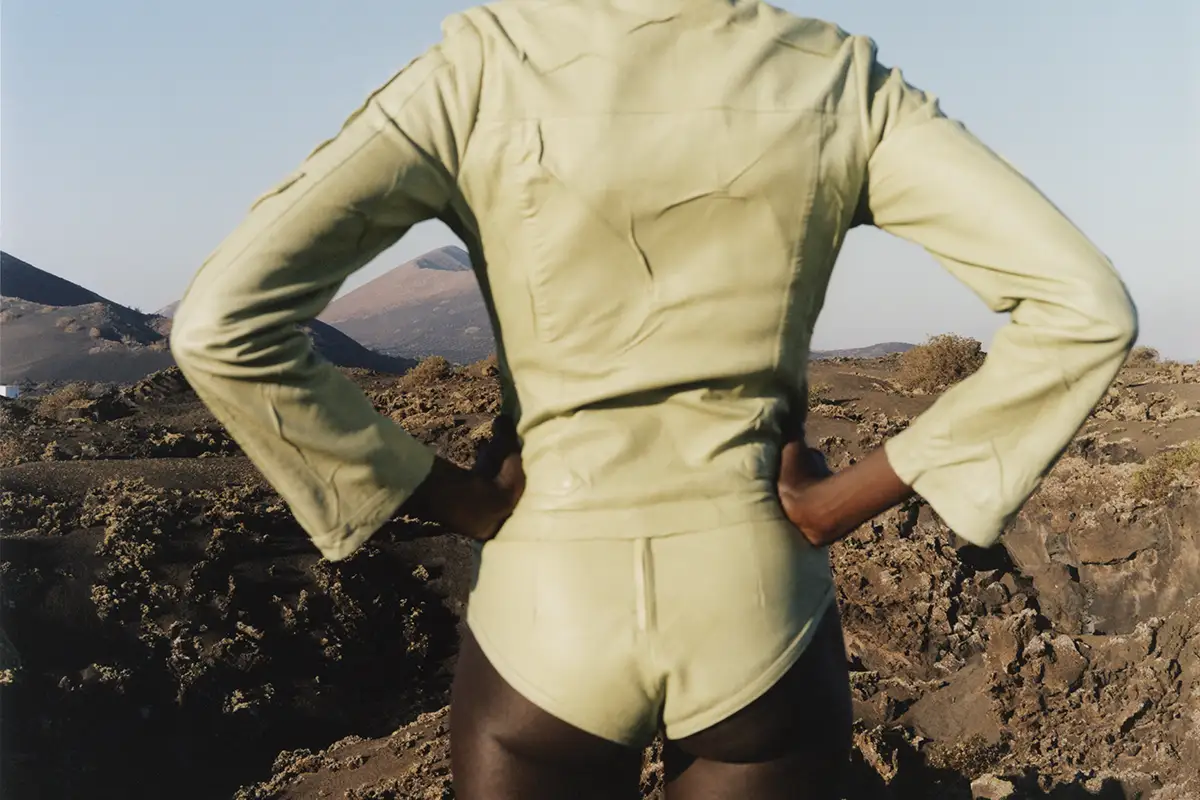Sustainable crafting and manufacturing had been on our radar for years. The word sustainability was already quite widespread — perhaps a utopia. In collaboration with architect Mr. Stefano Boeri
About the word sustainability
We started working on this issue of Lampoon over a year ago. Sustainable crafting and manufacturing had been on our radar for years. The word sustainability was already quite widespread — perhaps a utopia. When reviewing any submitted drafts before publishing, I saw that sustainability was only patches covering the front but with gaps on the back — like the blanket in Alberto Moravia’s La Noia. It was not necessarily greenwashing, at least not always. It was, and it is, the complication of the world.
I arrived to the conclusion of which I am still convinced today: for every clean drop needed by the ocean, and for every drop we will continue to pour — planting trees increases the chance of rain. What I mean to say is that between gestures and commitments that may have a future meaning, planting trees may be the most realistic and most concrete action.
In September 2019, I asked the architect Stefano Boeri to collaborate with us on this issue centered around human and civil commitments. Stefano edited an entire section — almost a quarter of this magazine — on urban and rural forestry and related topics; pieces of our life and our planet are across these pages. We have involved authors, participants and stakeholders from all over the world, of all stature and calibre, from philosophers to child prodigies, from farmers to politicians.
Giulia Maria Crespi, tsarina of Milan
Following her death, Corriere della Sera released a video interview with her online. Making a grim point, she took out a kiwi. «Look, it’s from New Zealand. In this country that is the largest producer of kiwi in the world, does that make any sense?». After months of meetings and research for this issue, I fully realized what she meant, and that the greatest resource of the city of Milan — a resource that few other cities have — is the Parco Agricolo Sud.
Thanks to this park, which is 800 meters away from the Fondazione Prada, there are and always will be agricultural fields. The area below Milan is an expanse of countryside, of fertile land like few other lands can be, and is the reason why Milan has been a rich city over the centuries, with prey and loot for France, Spain and Austria, Leonardo’s field of study on canals, locks and mills.
Milan is our pride beyond our hope; Milan can become a virtuous place, a reference. The word sustainability is now outdated and has been replaced by the word circularity — a literary image, a circle from which viruses can be excluded. The trees defend this circle. Lampoon is committed to planting the trees of Milan, using every resource we have to catalyze energy and resources in the forestation of the city and its countryside, with an outlook towards biodiversity and agronomic innovation.
There is no Italian wool
In Italy, textile manufacturing can be defined as the first in the world, in terms of business. On a scalable level, this manufacturing has no local raw material at its disposal. There is no Italian wool, there is no cashmere, of course. There is no Italian cotton. There is no Italian linen. All raw materials are imported. To source something that is born in Italy, we have to resort to synthetic, plastic threads. Denim is made from cotton and elastane and is not compostable.
Alberto Candiani found an organic substitute for elastane, but the polyester sewing threads are problematic. The circularity starts here; types of materials should not be mixed. Plastic is only plastic and organic material is only organic. Biscuit packages tend to be produced in plasticized paper when it would suffice to have them in plastic or in paper, and not both combined. It is here that the role of luxury appears, because if there are any limitations in price-setting mass products, when it comes to luxury, these limitations disappear.
Luxury – the forerunner of the market
In the near future luxury will only make sense if it finds these rigors. Luxury plays the role of a forerunner of the market. Ideas that work for the few are then passed on to everyone, if history is any indication. Luxury has an ethical role that it did not have before; a role that encompasses production, to the construction of the brand and to its identity, to every form of communication. Only an ethical commitment and human respect will guarantee direction and bring economic results. ‘We must become idealists to confront this world’ says Hans Ulrich Obrist in his conversation with Boeri in this issue.
Journalism at Lampoon is about chronicles and reporting. We are not about essaying or opinion, which allow for statements and even propaganda. We are serious because we are reporting. If we cover factory workers and craftsmen in India who were laid off by the luxury system when production orders were canceled, we want to be serious in responding, in ways that are trustworthy and always polite: the ordeal should have not been allowed to happen. And that there cannot be any future if our future is not about being respectful. We are not easy, we are not nice, we are not cool. We are committed. We are in love




















